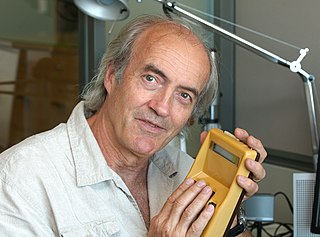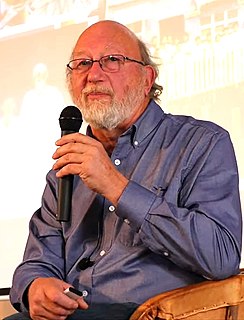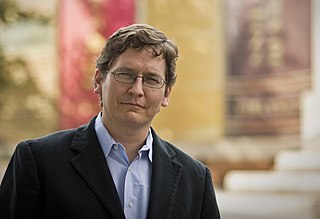Top 6 Quotes & Sayings by Gerald Holton
Explore popular quotes and sayings by an American researcher Gerald Holton.
Last updated on April 14, 2025.
To this day, we see all around us the Promethean drive to omnipotence through technology and to omniscience through science. The effecting of all things possible and the knowledge of all causes are the respective primary imperatives of technology and of science. But the motivating imperative of society continues to be the very different one of its physical and spiritual survival. It is now far less obvious than it was in Francis Bacon's world how to bring the three imperatives into harmony, and how to bring all three together to bear on problems where they superpose.
If the layman cannot participate in decision making, he will have to turn himself over, essentially blind, to a hermetic elite. ... [The fundamental question becomes] are we still capable of self-government and therefore freedom? Margaret Mead wrote in a 1959 issue of Daedalus about scientists elevated to the status of priests. Now there is a name for this elevation, when you are in the hands of-one hopes-a benevolent elite, when you have no control over your political decisions. From the point of view of John Locke, the name for this is slavery.



















